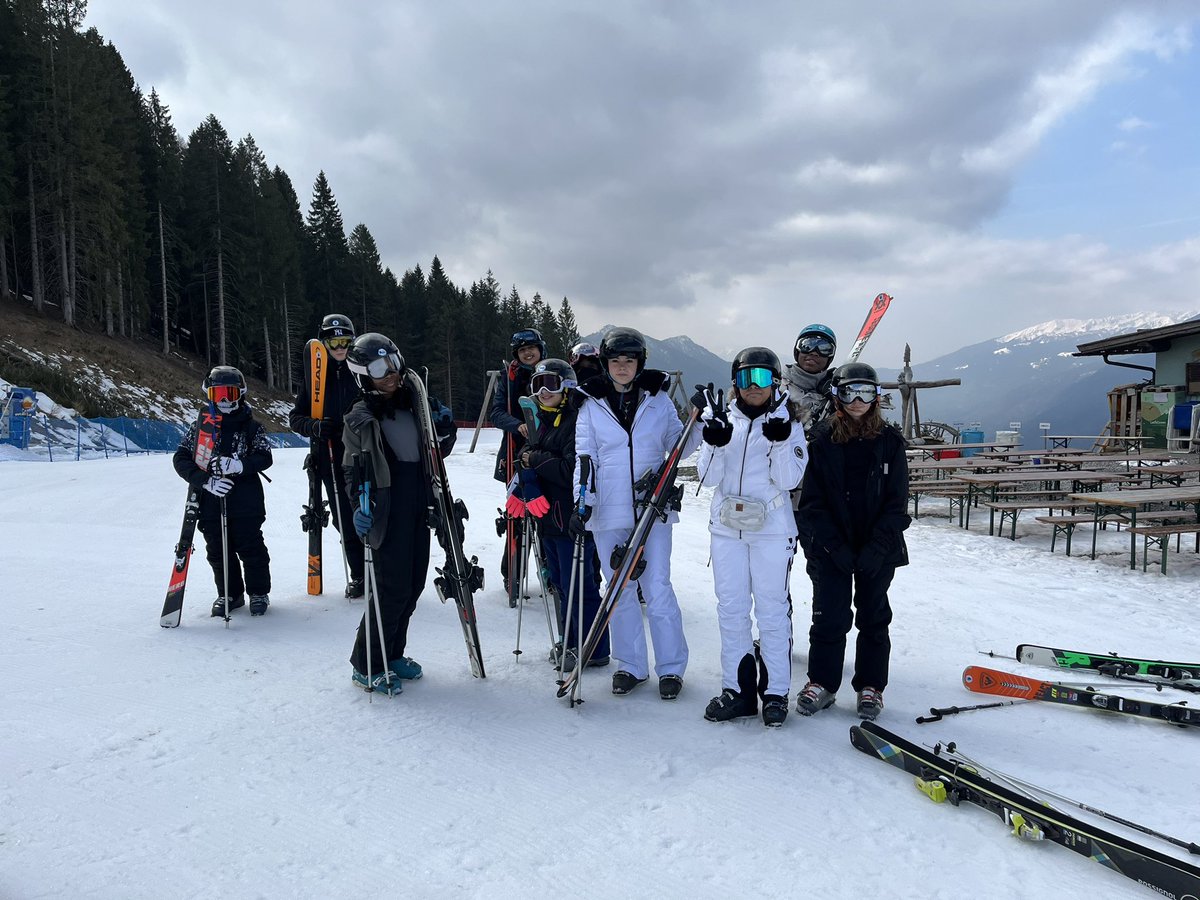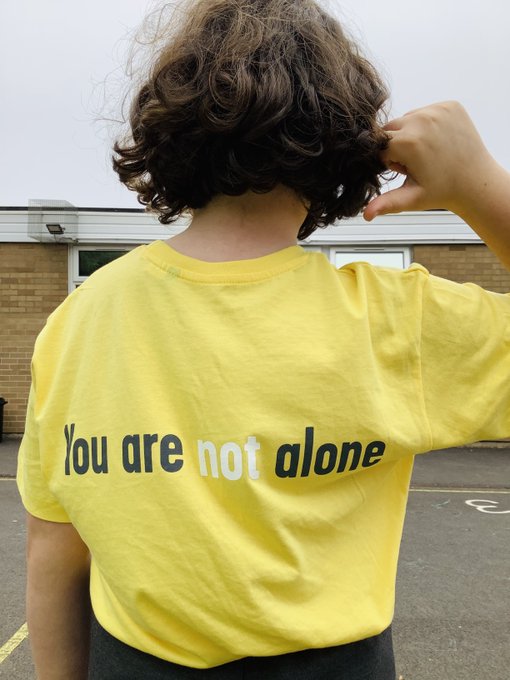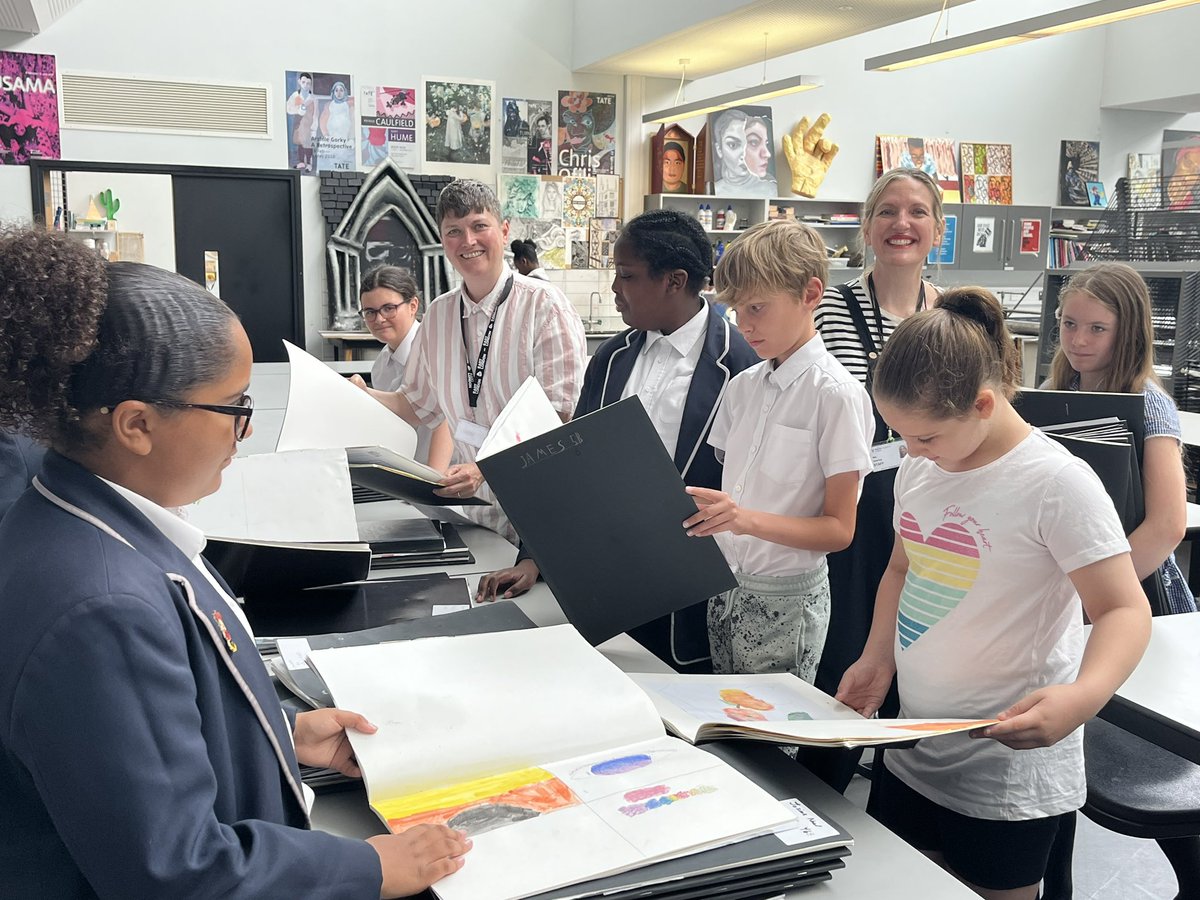Geography
Intent – why do we teach what we teach in Geography?
Teaching Geography at Harris Academy Chobham aims at broadening pupils’ understanding of our planet and the people who live on it. By applying their understanding of physical and biological processes and evaluating the human factors which influence economic development and environmental impact in the world. This interdisciplinary subject enables our pupils to become global citizens who understand the causes and impacts of, and solutions to, global challenges. Throughout our curriculum, we tackle these challenging issues with our pupils, spiralling substantive, and procedural knowledge upwards in scope and complexity.
In the spirit of this remark, we are ambitious for Geography to be central to our curriculum at Harris Academy Chobham. It is our intention that through the study of Geography, our students should develop the following knowledge, skills and dispositions:
- A secure knowledge of the principles of Geography (e.g. the difference between human and physical geography)
- The ability to apply the valuable practical skills particularly associated with Geography (e.g. map reading)
- An understanding that everything learned in Geography is based upon real world experiences and has real world application (through, for example, field work)
- The ability to understand the complexities of real-world issues, understanding differing perspectives before reaching conclusions
- Excellent communication skills, written, oral and via other subject related methods such as graphs and tables
- Empathy with the situations of others in different parts of the world
- An appreciation of the key challenges affecting our planet and the impact of humanity upon them.
Implementation – How do we teach Geography?
Our curriculum is taught using ‘Big Questions’ which pupils answer as their powerful geographical knowledge develops through each unit. These challenging enquiry questions are underpinned by five core concepts ‘Big Ideas’. These are: Development, Climate, Human and Physical Interactions, Sustainability and Geomorphology. These core concepts are revisited and become increasingly complex and challenging as the curriculum progresses across the different key stages.
In the Early Years, pupils begin to develop their geographical knowledge through the learning area ‘Understanding the World’. Through our rich, integrated curriculum and enrichment experiences, pupils acquire skills and knowledge through the strands of ‘Past and Present’, ‘People, Culture and Communities’ and ‘The Natural World’.
In KS1 and 2, pupils are taught geography weekly for an hour. This enables them to build on, and strengthen, their geographical substantive and procedural knowledge as they progress through the school. They extend their knowledge and understanding beyond their local area to include the United Kingdom, Europe and North and South America. They use atlases, globes, digital maps, compasses, fieldwork and observational skills to enhance their knowledge and understanding of, and the interaction between, physical and human features.
In KS3, students are taught geography three times, fortnightly. Students start by learning what the world of Geography consists of, considering how the natural world intracts with the human world and the effects that this has for the past, present, and future.
Key Stage 4 Geography At Key Stage 4 students will engage learners through the exploration of several geographical topics looking both at the UK and the rest of the world by studying the OCR B GCSE Geography course. Students will be encouraged to make synoptic links between topics and challenge their previous ideas developed in geography through an enquiry approach developed from Key Stage 3. For each Unit of work students have an overall enquiry question to answer broken down into sub questions that allow study at a range of scales. Students contextualise their knowledge through a range of case studies and examples from the 21st Century.
At A Level, students gain a variety of skills and deepen the understanding acquired in Key Stages 3 and 4 by studying the OCR A Level course. Geography is unique in that it allows students to explore the interface between human and physical geography and understand the interdisciplinary approaches to people and the environment. The OCR A level is designed to develop learner’s knowledge, understanding and skills so that they can become engaged global citizens. This is accomplished through the study of content relevant to students’ lives outside of the classroom and allows them to consider how issues affect people and places at a range of levels.
Pupils have specific whole school learning opportunities in the form of extracurricular activities and events, such as educational visits, workshops and open days, to support their understanding of, and therefore the ability to discuss, the impact of human activities on local, territorial and global communities.
Impact – What are the outcomes from Geography?
In the Early Years, pupils are observed describing their immediate environment using pictures and maps, drawing on similarities and differences between the natural world around them and contrasting environments. In KS1 and KS2, pupils’ acquirement of knowledge is assessed through the completion of a short quiz and short essay. The low-stake quiz aims at ensuring that pupils know, and can recall, key facts relating to the topic taught at that half-term, and the short essay aims at ensuring that pupils have acquired clear knowledge and understanding of the key issues relating to answering the unit’s overarching key question ‘Big Question’. Lastly, pupil voice forms a substantial assessment tool; we expect pupils to talk knowledgeably and enthusiastically about geography and demonstrate knowledge of, and ability to recall, key substantive and procedural knowledge they have learnt over the course of half-term.
In KS3 students are able to discuss the world around them and explain the core knowledge and topics studied. This includes being able to explain human and physical interactions as well as how different developments impact on sustainability. This is evident through students exercise books, the checking understanding that takes place in lessons as well as the regular assessed tasks, culminating in twice yearly assessments which are sat during assessment weeks. Students are able to communicate their geographical knowledge through accurate spoken and written English.
This leads to highly successful exam outcomes at the end of KS4 and Post-16. At GCSE in 2023 the subject was popular being studied by over half of the students in the year group. Over 90% of the students secured a pass at Grade 4 or above; with over half of the students securing a strong pass at Grade 5 or above. This allowed students to access their chosen Post-16 courses. Geography is also a popular subject at A Level with A Level students At A Level there is a 100% pass rate with over 65% of students securing a grade B or above in 2023 and a high proportion of A/A* grades on a yearly basis.
There are also number of students who go on to study Geography at higher education institutions, some highlights are below:
2022 – Azevedo – Geography at University College London
2022 – Rakib – Geography at University College London
2022 – Islam – Geography and Environmental Science at Kings College
2023 – Wahid – Urban and Environmental Planning at London South Bank
2023 – Mohamed – Economics and Global Development at SOAS
Exam Board Information
GCSE Syllabus Studied – OCR B Geography
A Level Syllabus Studied – OCR Geography
Documents
| Geography Curriculum Map 2023 2024 | Download |














